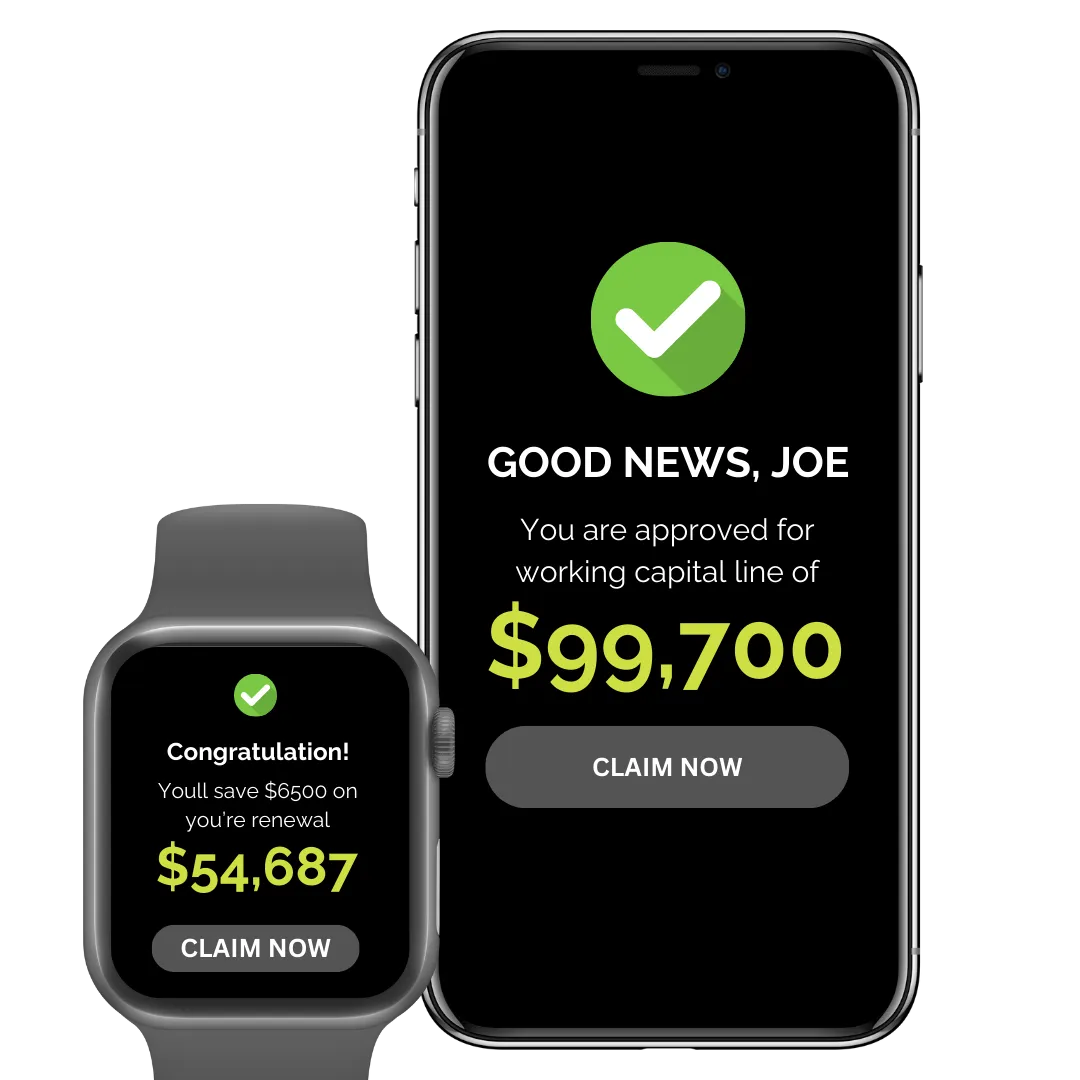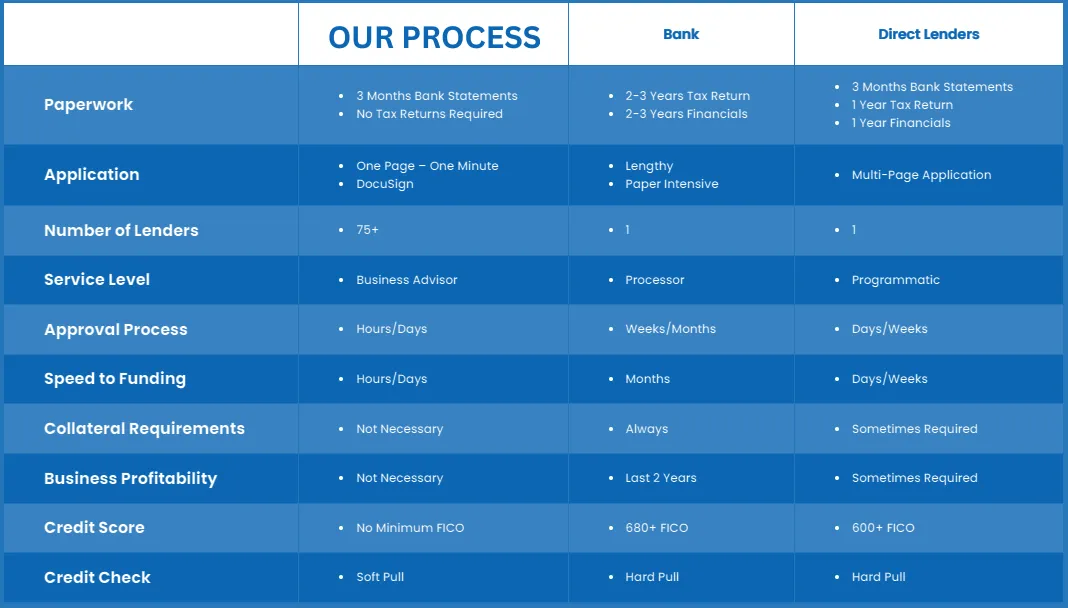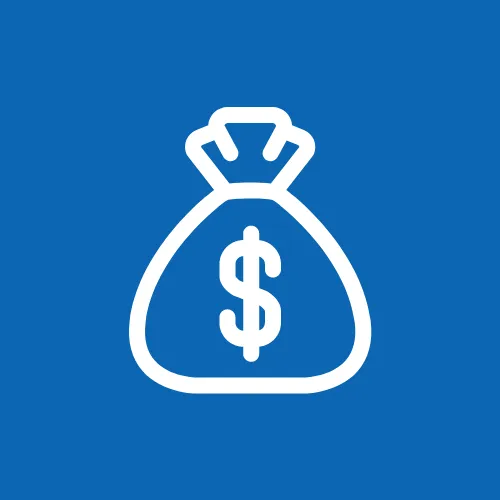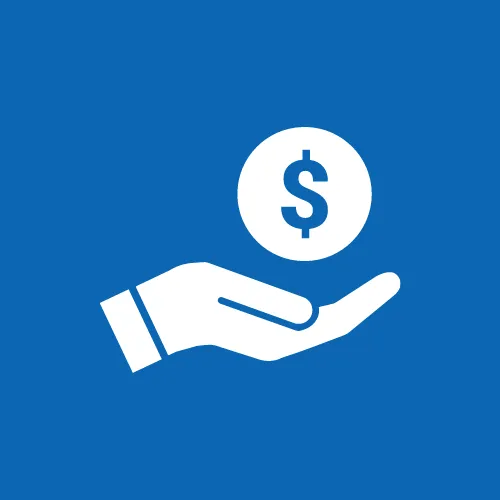Quick & Flexible Business Loans






Credit Lines up to
$2,000,000
Apply Online
in minutes
Funds as little as
4 hours
Our Process
Apply Online
Tell us a little bit about your business and get approved within 24-48 hours.
Get Approved
Choose the terms that best work for you and get on with your day.
Withdraw Funds
Choose the terms that best work for you and get on with your day.
Loan Payback
Loan Payment are remitted automatically through ACH withdrawal either daily, weekly or monthly.

10 Reasons Why USA Capital Offers
the Best Small Business Financing

Business Funding Made Simple

Quick Funding For Your Business
We can secure your approval today and review multiple options for your funding needs.

Fully Automated Funding Process
Complete our e-sign quick app and submit your most recent bank statements electronically for a quick approval process.

Access to a revolving line
Renew or refinance your current business line for more funds and lower rates.

Additional Funding Available For You
As your business grows, we can provide larger funding amounts and different financing options.
What You Need To Get Started

Minimum Qualifications
No Minimum FICO
At least 1 year in business
$100,000 in annual revenue
What You Need To Apply
Basic information about your business
Bank connection or most recent 3-4 months business bank statements
Quick & Flexible Business Loans
USA Capital © 2024. All Rights Reserved.
